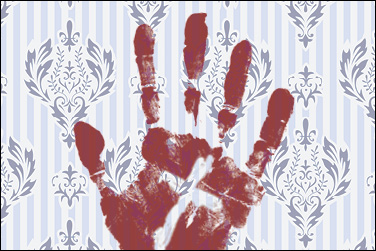Tartuffe
Tartuffe
By Moliére, translated into English verse by Richard Wilbur

Director Lee Mikeska Gardner
Event Attributes
Presented By
First performed in 1669, Tartuffe is one of the most famous theatrical comedies by Molière. The School of Theatre, Dance, and Performance Studies explores how Molière’s brilliant portrait of corruption mirrors contemporary themes in religion, politics, duplicity and extremism, as relevant in the 17th century as today.
Preview by The Diamondback
Though a comedy by design, the work was met with immediate outrage from the French Catholic Church, who saw it as a denunciation of organized religion. Conversely, it’s been interpreted as a pro-religious work, warning only of the dangers of extremism and false prophetry.
— DANIELLE OHL, The Diamondback, November 6, 2015
Review by DC Metro Theater Arts
But perhaps an ambiguous time period reminds us that the lessons Tartuffe teaches us are timeless. People aren’t always who we think they are, and living out one’s faith can be a more powerful example than spewing out dogma. These are surely lessons worth revisiting.
— EMILY SCHWEICH, DC Metro Theater Arts, November 9, 2015
Review by UMD Writer's Bloc
Although the play was performed to the court of King Louis XVI, the themes such as extremism, greed, religion and politics weren’t foreign at all. The actors were able to draw the essence of their characters and carve them in a 2015 model.
— KARLA CASIQUE, UMD Writer's Bloc, November 13, 2015
